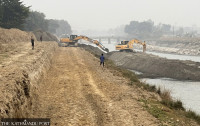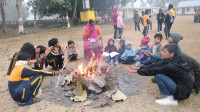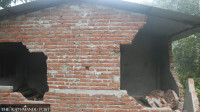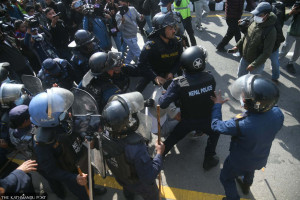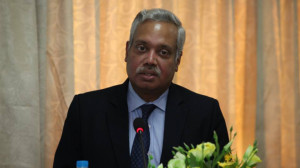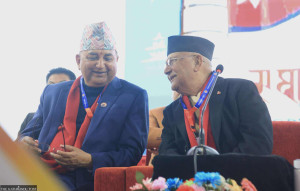National
Universal Periodic Review: DPM Thapa counters narrative on new constitution
Deputy Prime Minister and Foreign Minister Kamal Thapa robustly defended Nepal’s human rights record in Geneva, while welcoming inputs from other member states during the 23rd Session of UN Human Rights Council.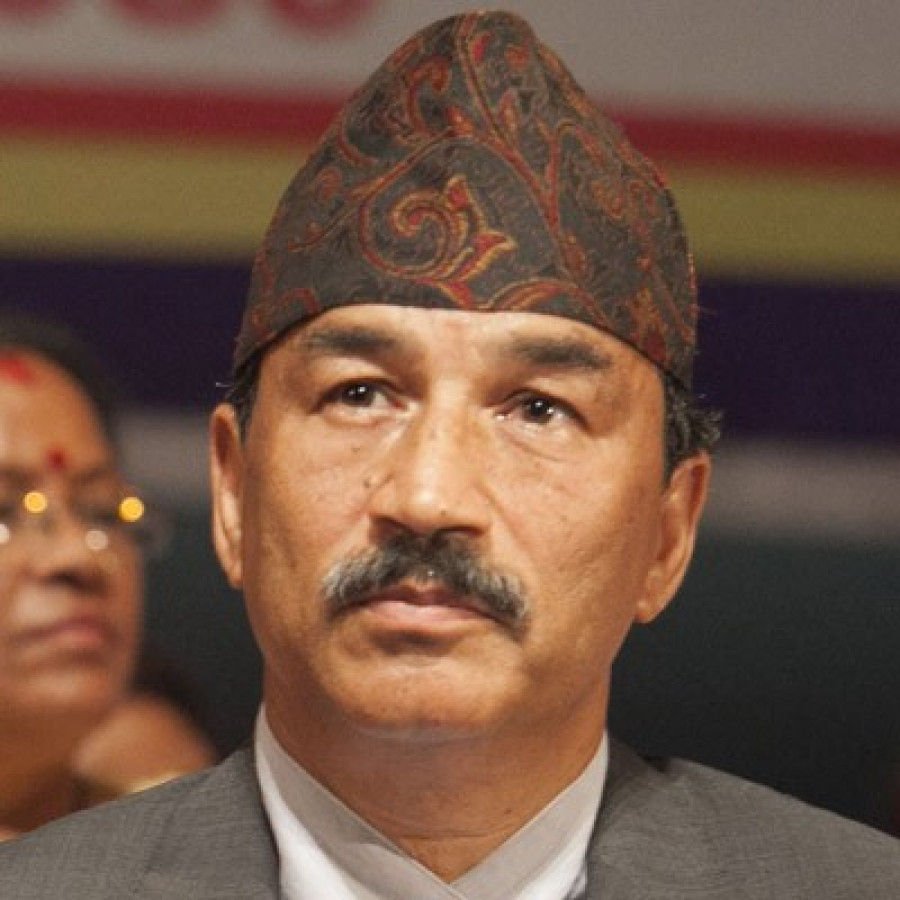
Deputy Prime Minister and Foreign Minister Kamal Thapa robustly defended Nepal’s human rights record in Geneva, while welcoming inputs from other member states during the 23rd Session of UN Human Rights Council.
Cognizant of different perceptions about the new constitution, Deputy Prime Minster Thapa spent a significant portion of his time defending the new constitution.
Trying to challenge the narrative created by the protest in Madhes that the new constitution was exclusionary, Thapa said that the new constitution guarantees substantive equality, and promotes human dignity, identity, and opportunity for all by ending all forms of discrimination and inequalities.
“This fundamental law of the land safeguards every right of persons, groups and communities, embracing multi-ethnic, multi-lingual, multi-cultural and diverse geographical specificities.”
Outlining the affirmative action provisions, Thapa described the new constitution as gender-friendly and inclusive.
Thapa described it as s product of a “rigorous democratic exercises spanning over eight years conducted in an inclusive, transparent and participatory manner giving due consideration to Nepal’s vast diversity.”
Characterising Nepal’s peace and constitutional process as home grown, Thapa spoke of national confidence of being able to resolve conflict internally through peaceful means. Without mentioning India by name, Thapa warned of negative consequences of any external interference. “Any disruption of this process as well as internal dynamics through any exogenous interest will only complicate matters.”
Describing the constitution as a living document, Thapa expressed the government’s readiniess to amend it within the constitutional framework. He urged the international community for support and understanding.
“It is with this conviction that the new Government is engaged in dialogue with the Madhesh-based political parties to win their confidence and resolve the differences within the constitutional framework,” Thapa said.
Deputy Prime Minister Thapa said lives and livelihoods have been adversely affected by the obstruction of essential supplies.
“..schools and hospitals also bear the brunt of the current circumstances exposing millions of children, elderly and sick persons to greater risk and vulnerabilities; the future of our children is at stake; our regional and international trade have been constrained; our industries are on the verge of collapse; the tourism sector has been hit hard; our economy has suffered a huge setback.”
Without the ending the disruption at the border points, Thapa warned of an impending “unjust and severe humanitarian crisis” for the Nepalis. Without naming India, he said that obstructions had “severely impeded the exercise of rights and freedom that Nepal is entitled under the international law as a land-locked country.”




 16.12°C Kathmandu
16.12°C Kathmandu

